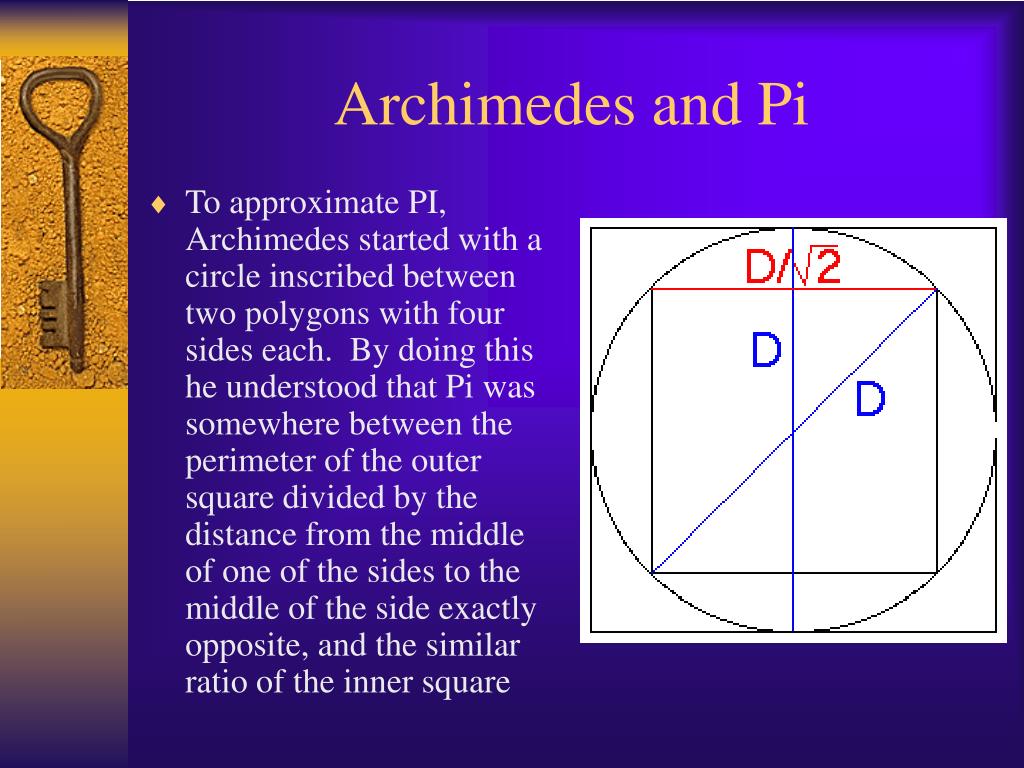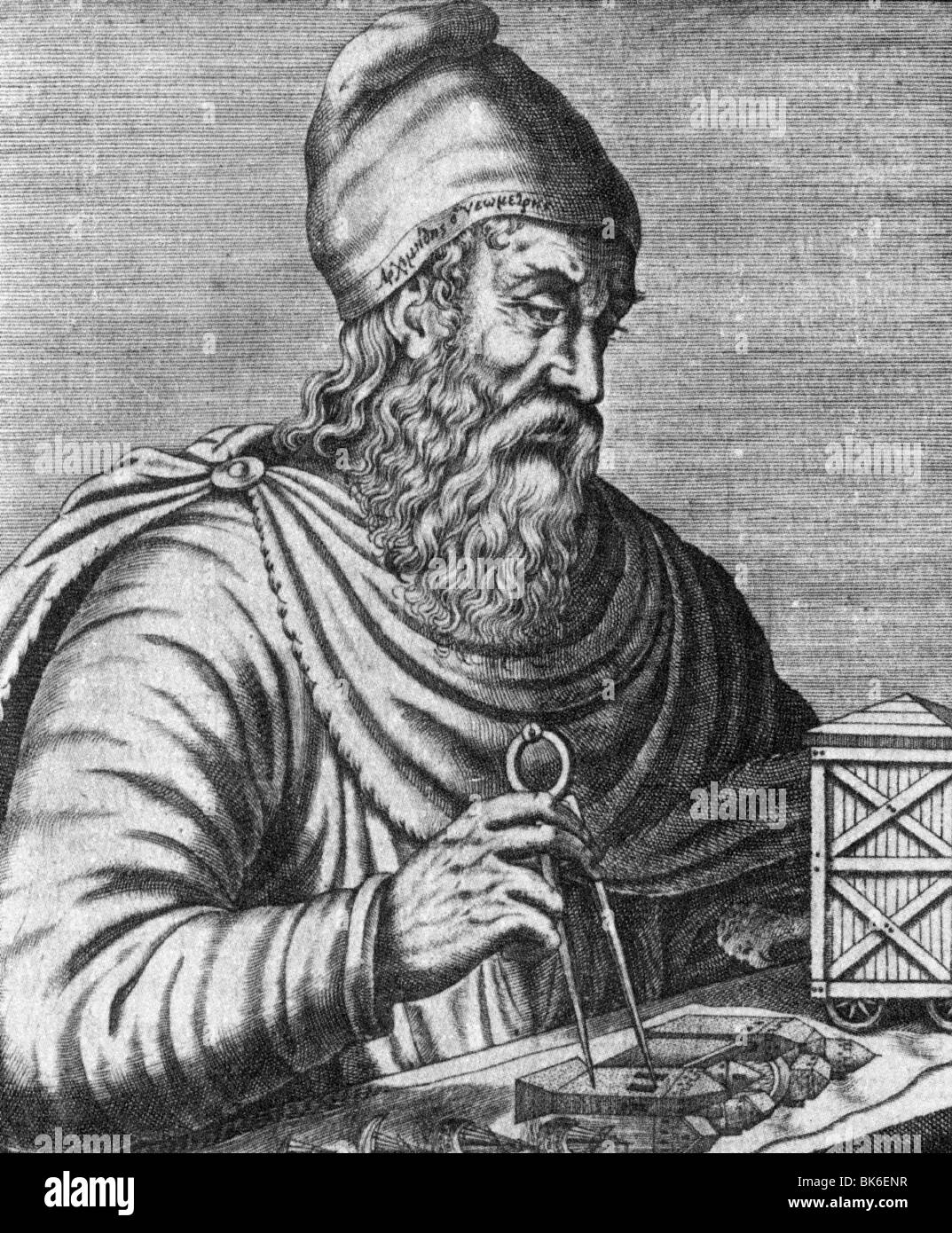


This is an Italian story of European resonance, which transforms our understanding of the transition from antiquarianism to archaeology, of the relationship between nation-making and institution-building in the study of the ancient past, and of the reconstruction of classical Greece in the modern world. 1994: Andrew Wiles proves Fermats Last Theorem. Drawing on antiquarian and archaeological writings, histories and travelogues about Magna Graecia, and recent rewritings of the history and imagining of the South, Italy's Lost Greece sheds new light on well known figures in the history of archaeology while recovering forgotten ones. The unfolding of this process provides a unique insight into three developments: the humanist investment in the ancient past, the evolution of modern Hellenism, and the making of classical archaeology. Magna Graecia was the name given in antiquity by the Romans to the group of Greek colonies which encircled the shores of Southern Italy, in the present-day regions of Campania, Apulia, Basilicata, Calabria and Sicily that were extensively populated by Greek settlers. It was here that the Renaissance first encountered an ancient Greek landscape, and during the "Hellenic turn" of eighteenth-century Europe the temples of Paestum and the painted vases of South Italy played major roles, but since then, Magna Graecia-lying outside the national boundaries of modern Greece, and sharing in the complicated regional dynamic of the Italian Mezzogiorno-has fitted awkwardly into the commonly accepted paradigms of Hellenism. Greek colonists opted for the coastal areas of Southern Italy because of the fertility of the land and its geographical position which was ideal for trade, being a meeting point of the Greek, Etruscan, and Phoenician civilizations. Giovanna Ceserani's evocative and nuanced analysis recovers its significance within the history of classical archaeology. The Romans called the area Magna Grecia - Great Greece.

This "Greater Greece," at once Greek and Italian, has continuously been perceived as a region in decline since its archaic golden age, and has long been relegated to the margins of classical studies. Italy's Lost Greece is the untold story of the modern engagement with the ancient Greek settlements of South Italy-an area known since antiquity as Magna Graecia.


 0 kommentar(er)
0 kommentar(er)
